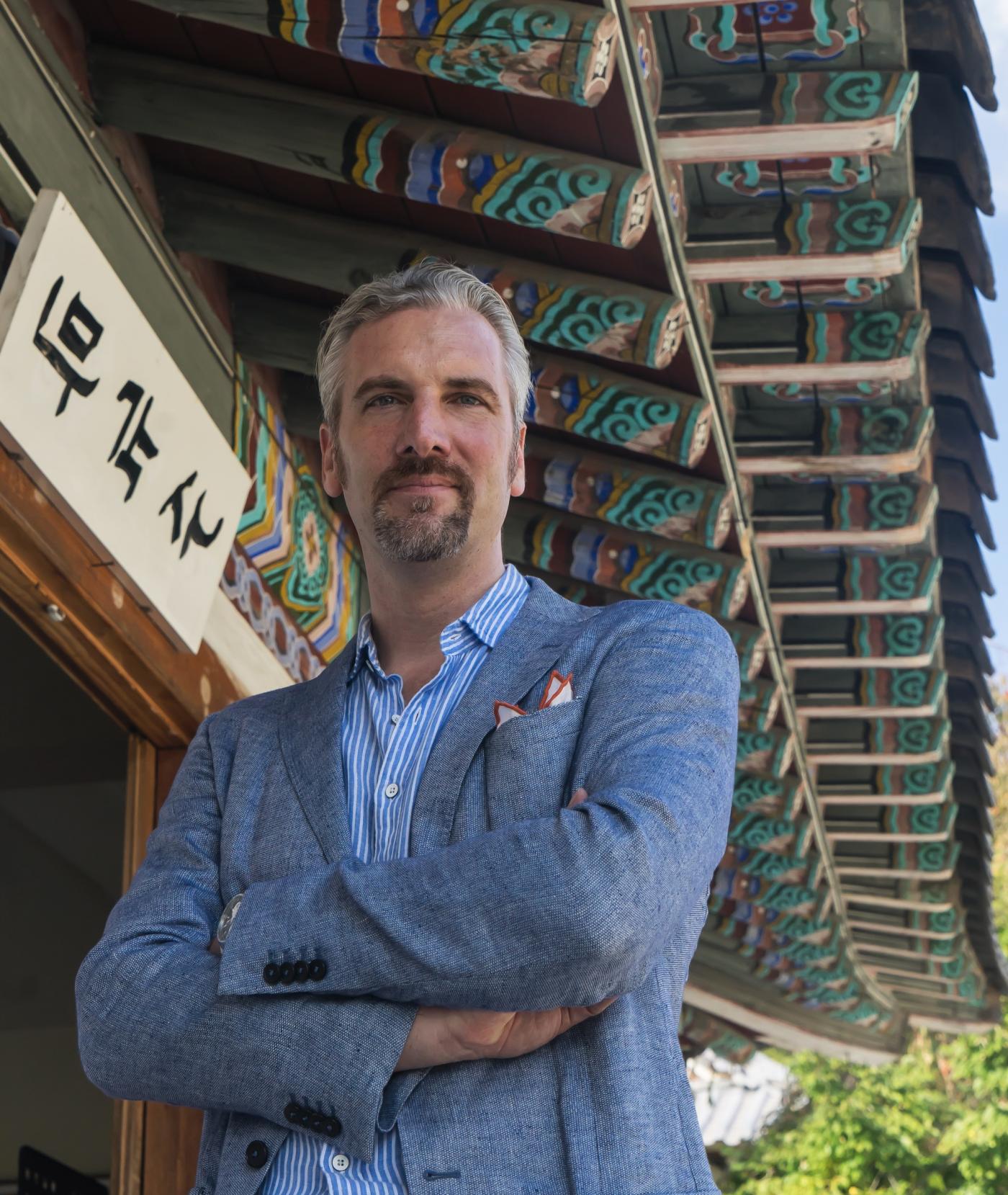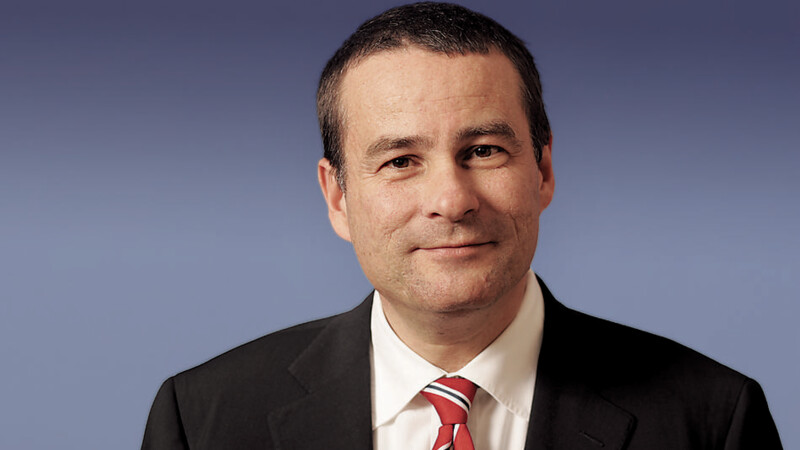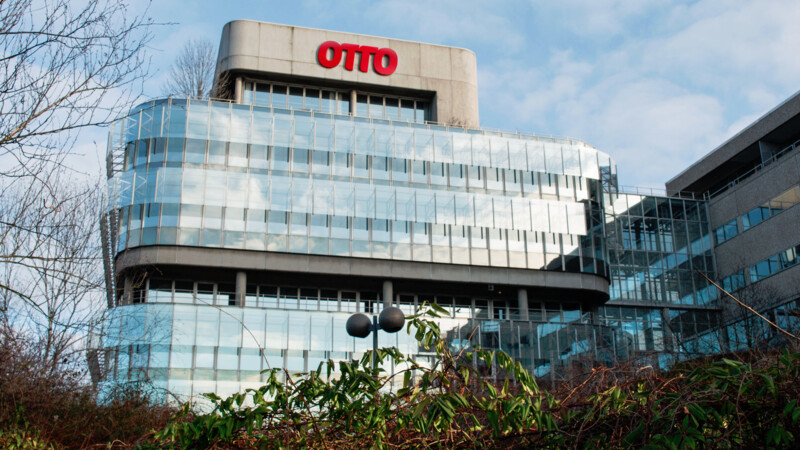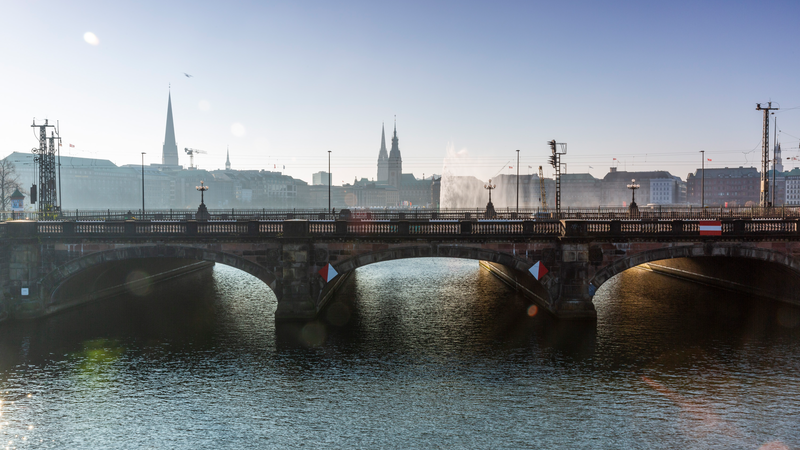Scholz: Korea has always been at the forefront of digitalization, but here, too, online shopping and food delivery services have grown enormously. It remains to be seen whether this is sustainable growth or just a flash in the pan. The most striking thing was certainly online schooling. Services such as Zoom, for instance, have become enormously popular and I am using them to hold international digital meetings, which are currently not possible.
I have also used the corona crisis to hone my YouTube and Internet skills. I have been producing reports and documentaries for German customers and international clients for a long time, but I have left the actual shooting to professional camera crews. Now, that I have started filming myself, I will be better able to shoot my own ideas and pictures for future productions.
Hamburg News: What forward-looking issues are trending in South Korea at present?
Scholz: Korea has very similar priorities to Germany at present. These include artificial intelligence, connectivity and topics like autonomous driving, hydrogen propulsion, etc. in the automotive industry. It remains to be seen whether corona will give this trend yet another boost. Korea was the first country to hold a general election after the global outbreak and managed to do so without any problems. President Moon Jae-in has emerged stronger from the election and he might now find it easier to realize some issues. Start-ups are very popular and he seeks closer co-operation with Germany in this sector.
Hamburg News: Have any support measures been set up to help companies in South Korea?
Scholz: There are support measures in Korea, too, but not to the same extent as in Germany, at least for large companies. As an SME, for instance, you can borrow money cheaply or in special circumstances, have parts of employee salaries financed by the state especially, if you would have to dismiss them otherwise. But that's all very limited. The billion-euro packages that are being put together for individual large companies, especially in Europe, do not exist here.
Hamburg News: Have home offices changed in South Korea?
Scholz: Around 40 per cent of companies are prepared to allow people to work at home, a recent survey found. But working at home is not very popular in Korea and corona will not increase its popularity. Company is company, home is home with the Koreans. There may be exceptions, but on the whole, this attitude will certainly not change soon.
Hamburg News: During the corona crisis, the globalized world has developed more local structures and placed greater value on local produce. Does this apply to South Korea as well?
Scholz: It’s important to remember that the fissures wrought by the corona crisis here are not as severe as those in many parts of Europe. There was never a lockdown, restaurants were never closed. Also, Koreans dine out more than Germans. Local produce is standard here. Our fruit and vegetables come mainly from Korea. According to the farmers' association, Germany produces about 5 million tons of fruit and vegetables and imports slightly under 15 million tons contrary to Korea where the ratio is reversed.
Hamburg News: The corona crisis has prompted many people in Germany to value family, home and farm more. What is the situation in your host country?
Scholz: Many Koreans have never had as much family time as in recent months and especially as children have not gone to school - practically since last December. First, there were the long winter holidays. Then schools reopened for two to three weeks only to close because of corona. That has certainly been a burden on many people because working life continued quite normally for most. Yet, I hope that Koreans have used this time for more family togetherness. Every crisis offers an opportunity to learn something new and improve. I do not view corona negatively and I think Korea will emerge stronger from this crisis with a deservedly improved global reputation.
Hamburg News: Thank you for the interview, Mr. Scholz.
imb/pb




